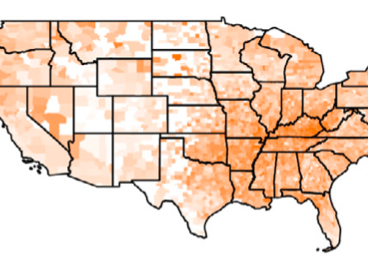
Spatial ARCH Model (SpaSta)
Inspired by the time-series ARCH model developed by Robert F. Engle (1982), for which he was awarded the Nobel Prize, we have introduced a univariate spatial ARCH model in 2016 (first published arXiv paper).
Researcher in Spatial Statistics and Environmetrics (among top 10 worldwide)

Inspired by the time-series ARCH model developed by Robert F. Engle (1982), for which he was awarded the Nobel Prize, we have introduced a univariate spatial ARCH model in 2016 (first published arXiv paper).
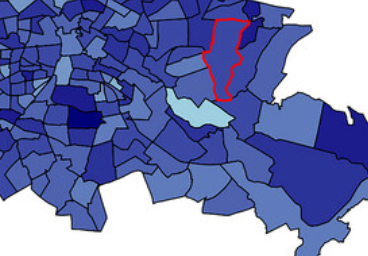
We comprehensively reviewed various spatial and spatiotemporal volatility models, including GARCH and stochastic volatility models, providing detailed insights.
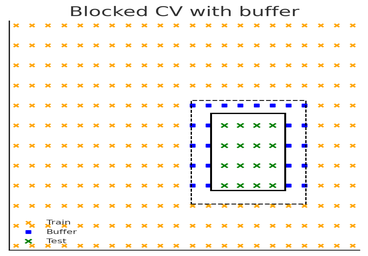
Comprehensive review of penalised estimation methods and cross-validation strategies under spatial/temporal dependence.

Real-time monitoring of ANN applications: Detect nonstationarity using multivariate control charts on data embeddings
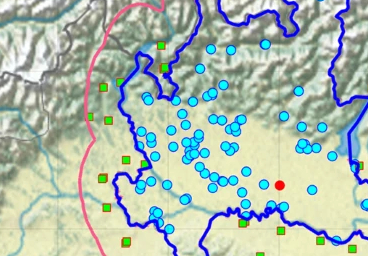
Dataset published: comprehensive daily air quality, weather, and agricultural/livestock activity data for Lombardy, Italy, to support and enhance air quality research.
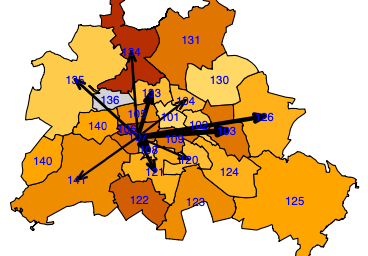
We propose an adaptive LASSO estimation procedure to fully recover the unknown weight matrix of spatial autoregressive panels with locally varying mean levels.
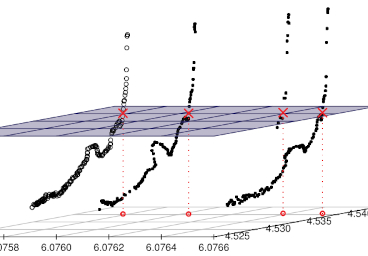
Fully data-driven statistical model to understand the spatial and temporal evolution of coastal profiles (e.g. for efficient intervention designs against coastal erosion).
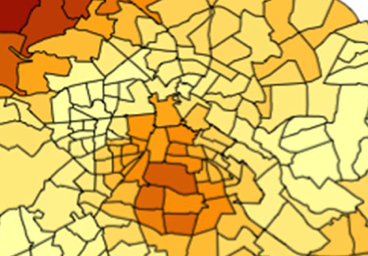
Novel spatial GARCH process in a unified framework, which also covers all previously proposed spatial ARCH models.
Since July 2024, I have been a Professor of Statistics and Data Science at the School of Mathematics and Statistics at the University of Glasgow, following a year as an Associate Professor (Reader) from 2023 to 2024. In June 2025, I was recognised as a Senior Fellow of Recognising Excellence in Teaching (RET) at the University of Glasgow, in recognition of my sustained commitment to high-quality, research-informed teaching and academic leadership. Additionally, I regularly teach in the PhD and M.Sc. programs at the Department of Engineering and Applied Sciences, University of Bergamo, Italy, as a Guest Professor. Before joining the University of Glasgow, I spent four years as an Assistant Professor of Big Geospatial Data at the Institute of Cartography and Geoinformatics, Leibniz University Hannover. During the 2020-2021 academic year, I was honoured to be a Visiting Professor of Spatial Data Analysis and Statistical Learning at the University of Göttingen. Earlier, I led a junior research group focused on detecting and monitoring spatial and spatiotemporal clusters at the Viadrina Center B/ORDERS IN MOTION at the European University in Frankfurt (Oder), where I also earned my Ph.D. in Statistics in 2016.
In my main research area (topic T.6863 "Spillover Effect; Panel Study; Autoregressive Model"), I am currently ranked 4th worldwide on Scopus and 1st among UK researchers (rated as top 5% scientists with their first publication in 2016 on ResearchGate, across all disciplines).
I am honoured to be a part of Carl Friedrich Gauss's academic lineage in the 9th generation, joining the group of 113,184 individuals who have followed in his scholarly footsteps (The Mathematics Genealogy Project). You can find my full academic genealogy here.
ORCID:
 https://orcid.org/0000-0002-9796-6682
Google Scholar:
https://orcid.org/0000-0002-9796-6682
Google Scholar:
 https://scholar.google.de/citations?user=URsnzm8AAAAJ
LinkedIn:
https://www.linkedin.com/in/philipp-otto-0a9887264/
https://scholar.google.de/citations?user=URsnzm8AAAAJ
LinkedIn:
https://www.linkedin.com/in/philipp-otto-0a9887264/
Gamrie Bay, shown in the header image, lies on the rugged north coast of Aberdeenshire between the villages of Gardenstown and Crovie. The bay is noted for its striking geology — steep cliffs, ravines, and exposed sedimentary layers studied in Scottish geological surveys — and serves as a case for environmental statistics on coastal change, erosion, and flooding.
Below I update from time to time some news from my research, my externally funded projects and teaching.
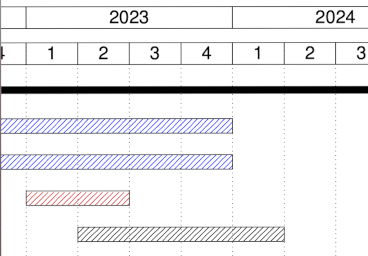
I welcome applications from motivated students interested in pursuing a PhD in Statistics, particularly in areas such as spatiotemporal modelling, statistical learning, and applied environmetrics. Applicants should have a strong background in statistics or related quantitative disciplines, and a keen interest in methodological development. If you are interested, feel free to Please attach your CV and a scientific writing sample, such as your Master's thesis, a scientific paper, or a project report.
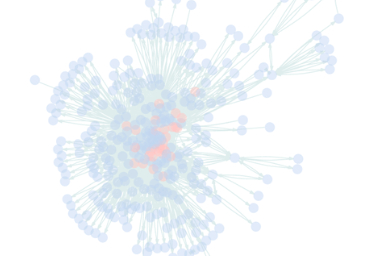
In June 2025, I was recognised as a Senior Fellow of Recognising Excellence in Teaching (RET) at the University of Glasgow for my sustained commitment to high-quality, research-informed academic teaching. One example is my research seminar on “Monitoring of Spatiotemporal and Network Data”, which adopts a full scientific workflow: students write a short research paper, undergo a double-blind peer review, revise their work, and present their findings in a colloquium.
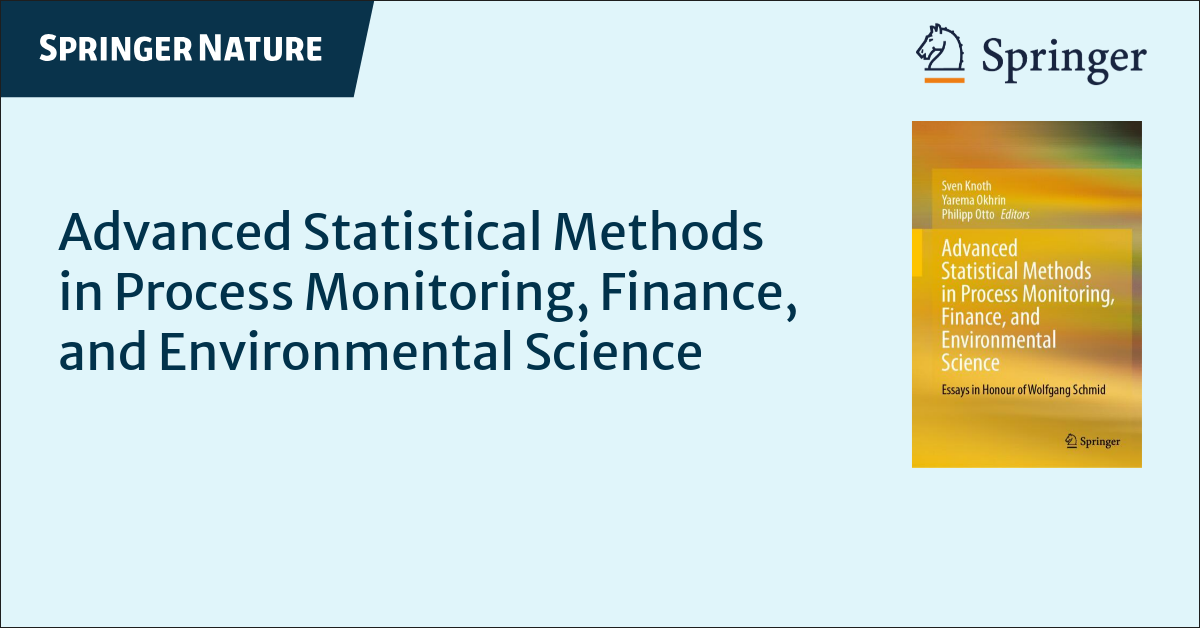
The edited volume Advanced Statistical Methods in Process Monitoring, Finance, and Environmental Science – Essays in Honour of Wolfgang Schmid is now published with Springer. The book brings together contributions on cutting-edge statistical methodology, reflecting developments in time series analysis, process control, and spatial modelling.
Edited by Sven Knoth, Yarema Okhrin, and Philipp Otto. Available via SpringerLink.